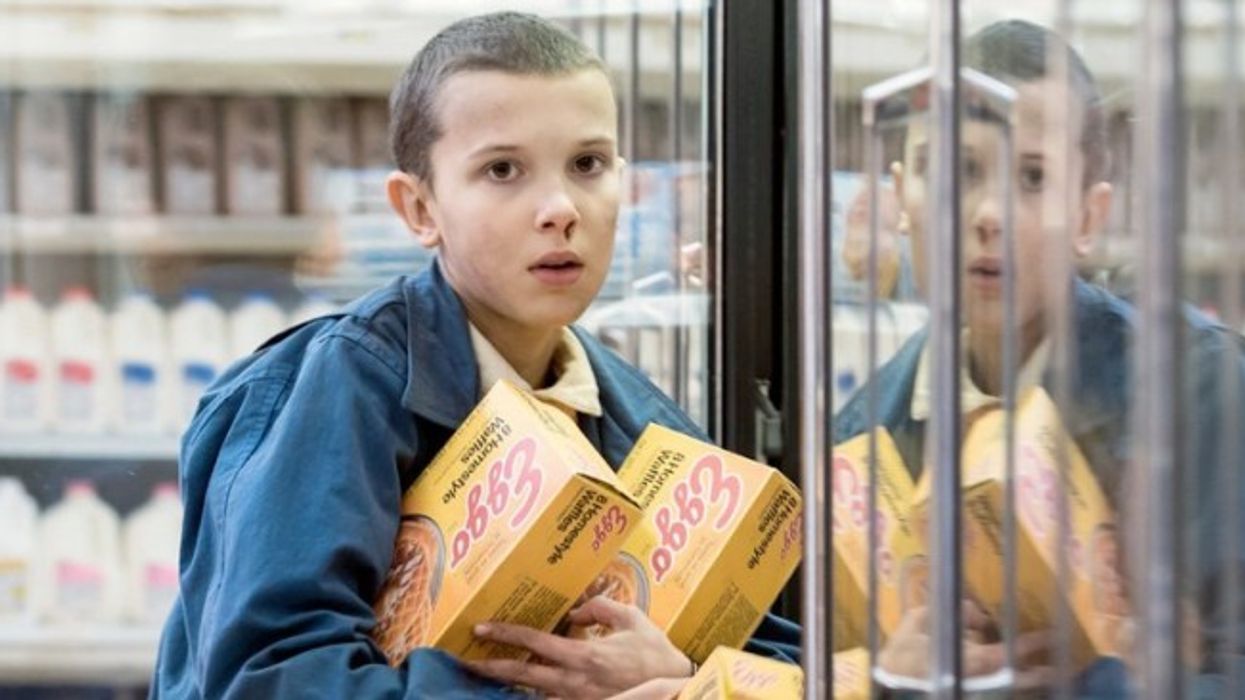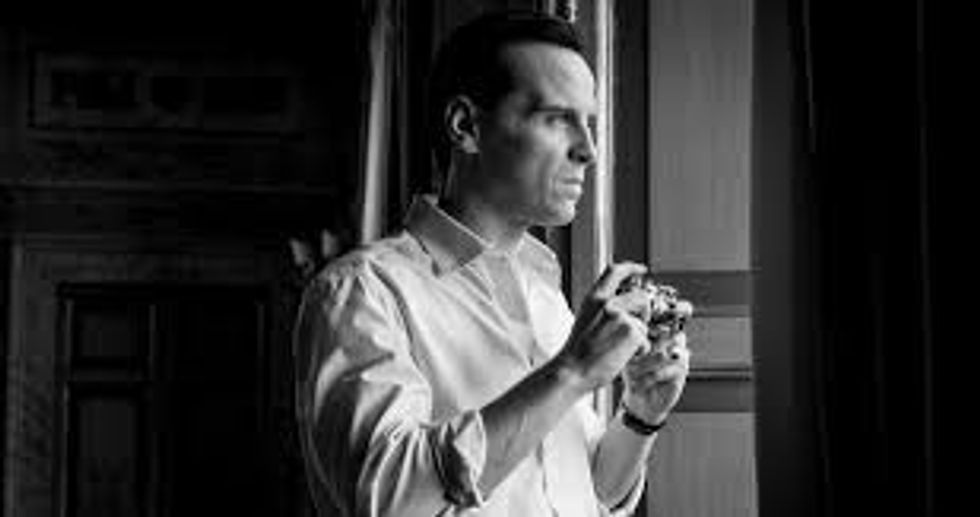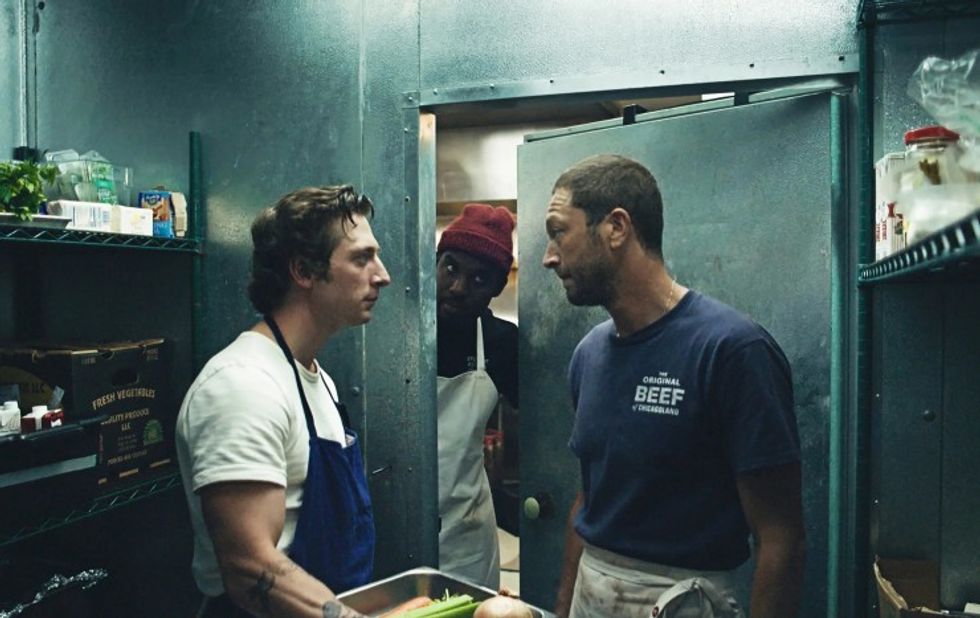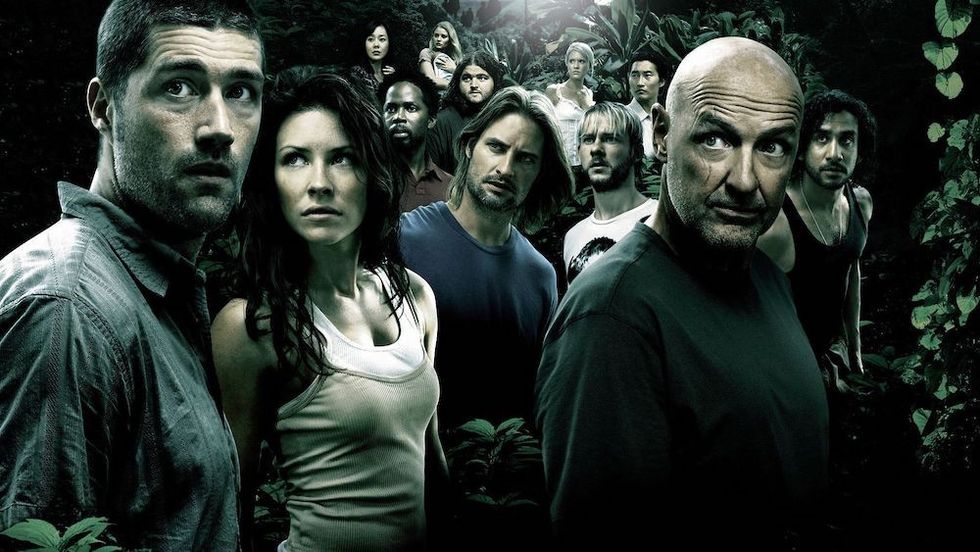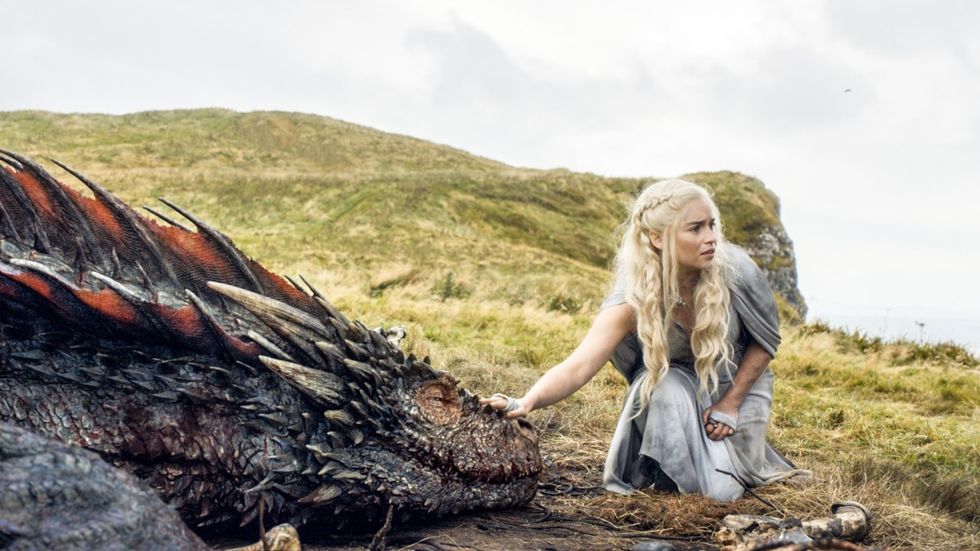Cinematographer Wolfgang Held Explores the Ethics of Vérité: 'The Camera is a Catalyst'
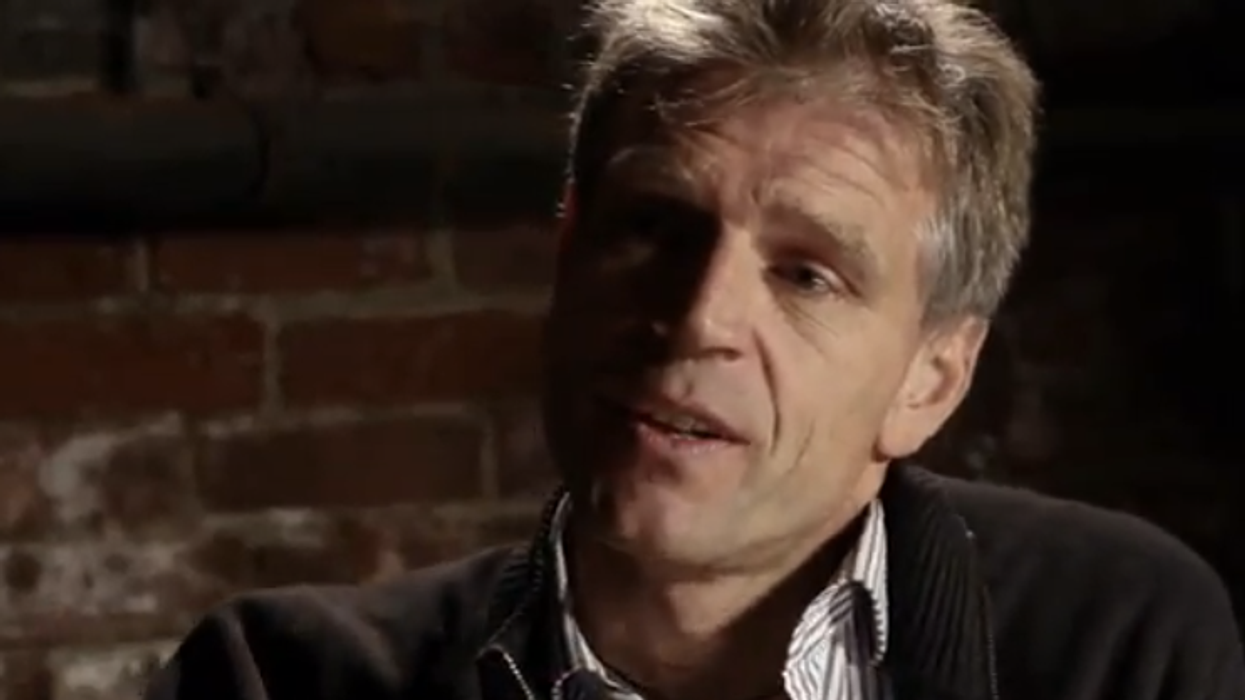
Craft Truck brings us another great candid interview, this time with cinematographer Wolfgang Held. Wolfgang has shot countless films over the past 20 years, from documentaries, to commercials, to narratives. He is perhaps best know for his vérité work, ranging from the social labor of love Children Underground, to the cult Metallica doc Some Kind of Monster, to Bruno (whatever that is). Hit the jump to hear Wolfgang discuss vérité filmmaking in the digital age, his favorite focal lengths, and the undercover shenanigans of working with Sacha Baron Cohen:
Here are some particularly interesting quotes from the interview:
I find it exciting to shoot documentaries right now. There's so much reality TV over the last 10 years, and that gave vérité type filmmaking -- where you try to follow people and capture stories as opposed to doing interviews and setting it up -- it gave that a lot more play. People accept the style because of reality TV, they accept that you can run around and capture people live. And a lot of that stuff that used to be good in narrative storytelling now looks very set-up.
On single camera vs. multi-camera:
I'm not a multi-cam guy, I like single camera approach, this is the different between vérité shooting and reality TV where you capture everything from every angle. To me the movement, the way one camera captures a scene is where the cinematographic style comes in.
Wolfgang talks about the ethics of vérité:
I'm not of the belief that the camera is ever invisible, I feel like it's more like a catalyst, I feel like I'm there and it's more about the relationship I build with people, at least with non-stars. With celebrities it works the other way around because they get so overexposed by cameras I think you have to work in making yourself more of the fly on the wall.
What Wolfgang brings up here is an important question: is the cinematographer supposed to be invisible or not? He makes the argument that, in general, he doesn't try to be invisible, he tries to be a catalyst -- to form a trust with your subjects. So much about filmmaking is about personal relationships, from the business to the artistry, and I think it's important to highlight that. You can't always just point the camera and hope it will do the work for you -- half the battle is building the environment or relationship that will allow your camera to capture what you want.
This brings up another question: When you're pointing a camera at someone, what then becomes your role or responsibility in that relationship? A quote from Haskell Wexler from the great book Masters of Light comes to mind:
I still am interested in the subject of the voyeur and the persons involved. This is the same problem the cameraman is always faced with: whether you are going to photograph and make a fantastic shot of someone who has just been shot and is dying, or whether you put your camera down and help the guy. I have done vérité documentary where someone is terribly upset and crying, just utterly a helpless, hopeless human being. So you're faced with the idea that you can get this terrific scene, it's going to make your documentary; or again whether you put your camera down, put your arm around that person and say, "Look, please don't cry."
What you think about the evolution of the vérité style as we get more and more used to cameras in our everyday lives?
Link: Wolfgang Held - Craft Truck - Through the Lens
